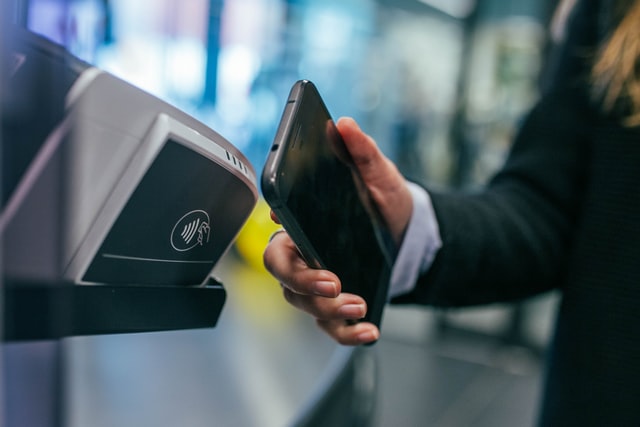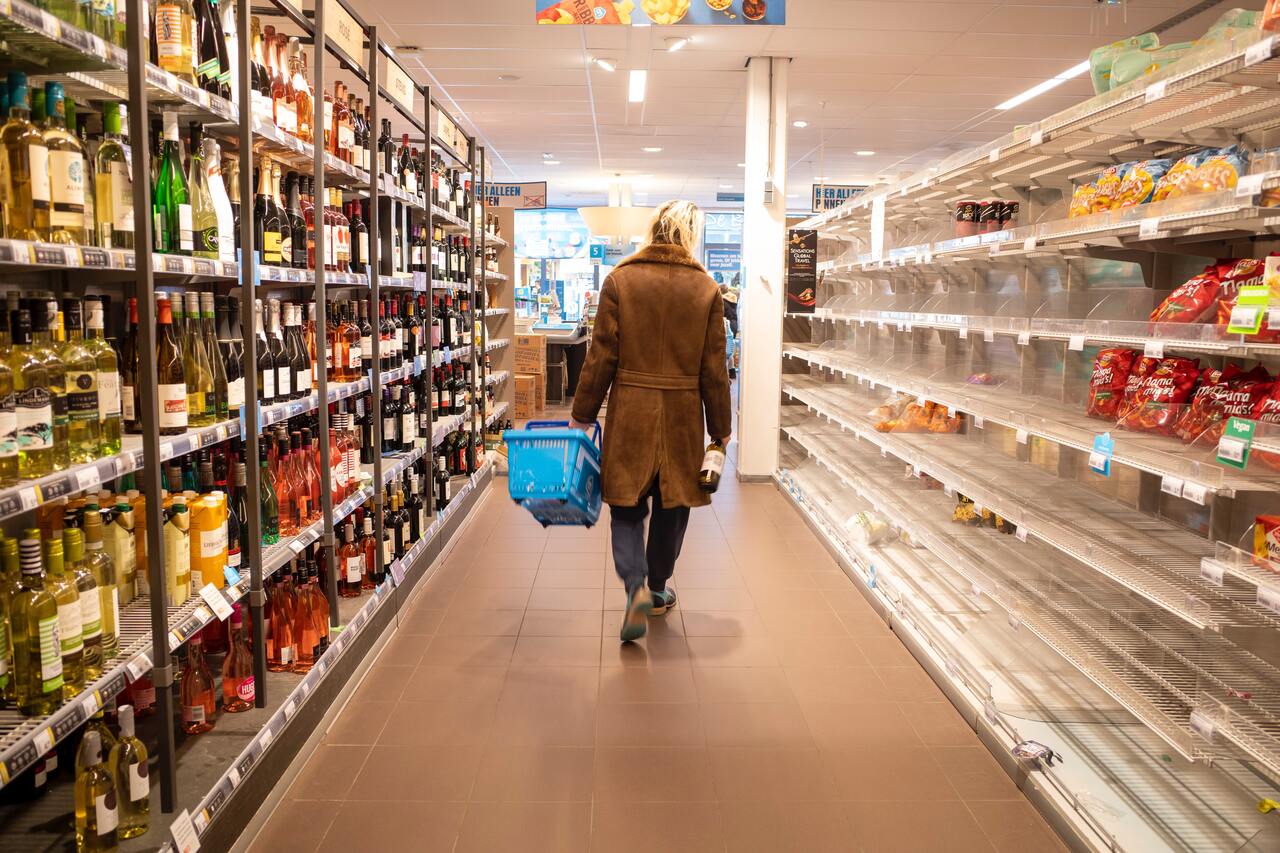Licenses for non-bank financial institutions, in this case, Financial Technology Institutions, have been launched by the Saudi Arabian Monetary Authority (SAMA). The authority announced the issuance of the first license for an Electronic Wallet Company as well as Payment Services Company in the Kingdom.
The licenses come as part of SAMA's resolutions in achieving the objectives of the financial sector development program (FSDP). It is one of the pillars of the Kingdom's 2030 vision in allowing financial institutions to support private sector growth by opening financial services to non-banking actors such as payment services providers and financial technologies.
After the success of the trial period, SAMA has also licensed the Saudi Digital Payments Company (STC Pay) as an Electronic Wallet Company, and GEIDEA Technology Company as a payment services company. These guidelines will support SAMA to fulfill its mandate in regulating the payments sector and keeping up with international best practices.

Through a supervisory and oversight framework that ensures the safety and efficiency of transactions in the payments sector, these guidelines allow the licensing of payment companies and regulate payment services in the Kingdom. The guidelines further encompass the minimum requirements to undertake any of the payment services based on the nature of their functions, as well as data protection, governance, and risk management requirements.
Fintech Plan in Saudi Vision 2030
The Kingdom of Saudi Arabia has announced its intention to establish the Kingdom as a center of financial technology. The Kingdom is in the process of formulating a strategy to become a hub for fintech innovation, which is incorporated in Saudi Vision 2030. Furthermore, Saudi Arabia is training its focus on the advancing digital transformation sector with the aim to keep with the FSDP.
The FSDP is expected to assist in achieving the 2030 vision in three ways: guarantee the creation of an advanced capital market; allow financial institutions to support the growth of the private sector; and promote financial planning, including retirement and savings.

The plan is already showing some considerable impacts. Digital transactions in 2019 increased to 36.2%, already encompassing the Saudi Vision 2030 goal of 28%. Moreover, the amount of digital payments has reached more than SAR 287 billion in 2019, showing a 24% increase from 2018 figures. The number of transactions through near-field communication tech has also shown a 400% growth, surging to 918.5 million.
FinTech innovation will play a key role in Crown Prince’s vision in transforming the economy away from its traditional oil-based structure and rebalancing it into a more technology-driven, modern global superpower. This is a pivotal step forward for a Kingdom that has approximately 2.2 million young people aged between 15 and 19 who will be entering the job market over the next decade, as well as 20 million young men and women under the age of 35.
As one of the most tech-savvy young populations worldwide, Saudi Arabia is in prime position to take advantage of the digital capabilities of this pool of talent. Moreover, mobile and internet penetration in the Kingdom is estimated to be at close to 100%, a massive leap before the global average.



